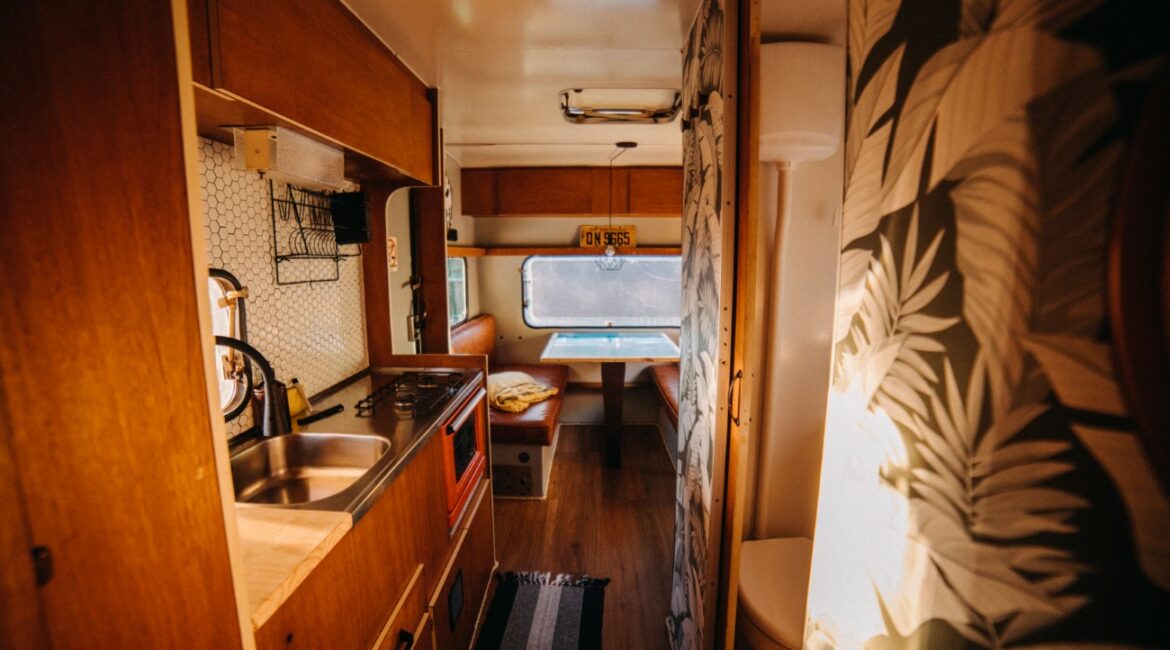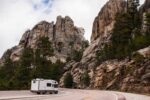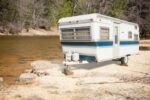Your RV is your home on wheels, and just like any home, it’s bound to encounter plumbing issues from time to time. Don’t let leaks or clogs disrupt your adventures. In this guide, we’ll explore quick fixes for common plumbing problems that every RV owner should know.
1. Dealing with a Leaky Faucet
Problem: Drip, drip, drip! A leaky faucet can be both annoying and wasteful.
Quick Fix: Replace the worn-out washer or O-ring inside the faucet. Make sure to turn off the water supply before starting.
2. Clearing a Clogged Drain
Problem: Slow draining sinks or showers are a common RV headache.
Quick Fix: Use a plunger or a drain snake to clear the blockage. Avoid using chemical drain cleaners, as they can harm your plumbing.
3. Fixing a Running Toilet
Problem: Your toilet keeps running, wasting water.
Quick Fix: Adjust or replace the flapper inside the toilet tank. This should stop the constant running.
4. Addressing Low Water Pressure
Problem: Weak water pressure in your RV can be frustrating.
Quick Fix: Check for sediment buildup in the faucet aerators. Clean or replace them to restore water pressure.
5. Handling a Water Heater Issue
Problem: No hot water? Your water heater might be the culprit.
Quick Fix: Check the pilot light if you have a propane water heater. For electric heaters, inspect the circuit breaker and reset it if necessary.
Innovative Water Filtration for On-the-Go Purity
Clean water is paramount in an RV, not just for drinking but for cooking, showering, and washing dishes. Investing in a high-quality water filtration system can provide peace of mind, knowing that the water supply in your RV is free from contaminants and unpleasant tastes or odors. A comprehensive filtration system typically includes sediment filters, carbon filters, and sometimes even UV purification to ensure the water quality is up to standard. Personal experience has shown that systems like the Clearsource Ultra RV Water Filter System are indispensable for maintaining a reliable source of clean water, making them a worthwhile investment for any RV enthusiast.
Winterizing Your RV Plumbing to Prevent Damage
Before the frost sets in, winterizing your RV’s plumbing can save you from costly repairs due to frozen and burst pipes. The process involves draining the water from the system, including the water heater and pipes, and then adding non-toxic RV antifreeze to prevent any remaining water from freezing. It’s also a good time to inspect and repair any leaks that can become bigger problems in cold weather. For those who travel in colder climates, products like the Camco RV Antifreeze Concentrate can provide the necessary protection to keep the plumbing system safe during the winter months.
Eco-Friendly Practices in RV Waste Management
Managing waste efficiently and responsibly is crucial for any RVer. Using environmentally safe products like biodegradable toilet paper and organic tank treatments can help reduce the impact on the environment and prevent chemical buildup in your waste systems. The Thetford Aqua-Kem RV holding tank treatment is an example of a product designed to deodorize and break down waste without harming the ecosystem. Moreover, always ensure to dispose of waste at designated dump stations and follow local regulations to maintain the natural beauty of the places we visit and enjoy.
FAQ
What should I do if I can’t find the source of a water leak?
Start by turning off the water supply to prevent further damage. Then, systematically check all water fixtures, connections, and pipes for signs of leakage.
How often should I clean my RV’s water tank?
It’s a good practice to sanitize your RV’s water tank and lines at least once a year, or more often if you notice an unusual taste or odor in your water.
Is it safe to use a plunger in my RV’s toilet?
Yes, you can use a plunger in your RV’s toilet, but be gentle to avoid damaging the seal. Use a toilet-specific plunger if possible.
Are there any preventive measures to avoid plumbing problems in my RV?
Regularly inspect and maintain your RV’s plumbing. Avoid putting large debris or grease down the drains, and use a water pressure regulator to protect your plumbing system.
When should I consider seeking professional help for RV plumbing issues?
If quick fixes don’t resolve the problem or if you’re dealing with complex issues like a burst pipe or major leaks, it’s best to consult a professional RV technician.
Armed with these quick fixes and a bit of DIY know-how, you can keep your RV’s plumbing in tip-top shape and enjoy your travels without interruptions. Happy RVing! 🚰🚐
- Transform Your Health with Medford Medical Weight Loss Program - June 9, 2025
- A Chat with Nate and Mika, Christian Wedding Photographers - July 18, 2024
- Ultimate Guide To Playing Online Casinos - May 27, 2024









